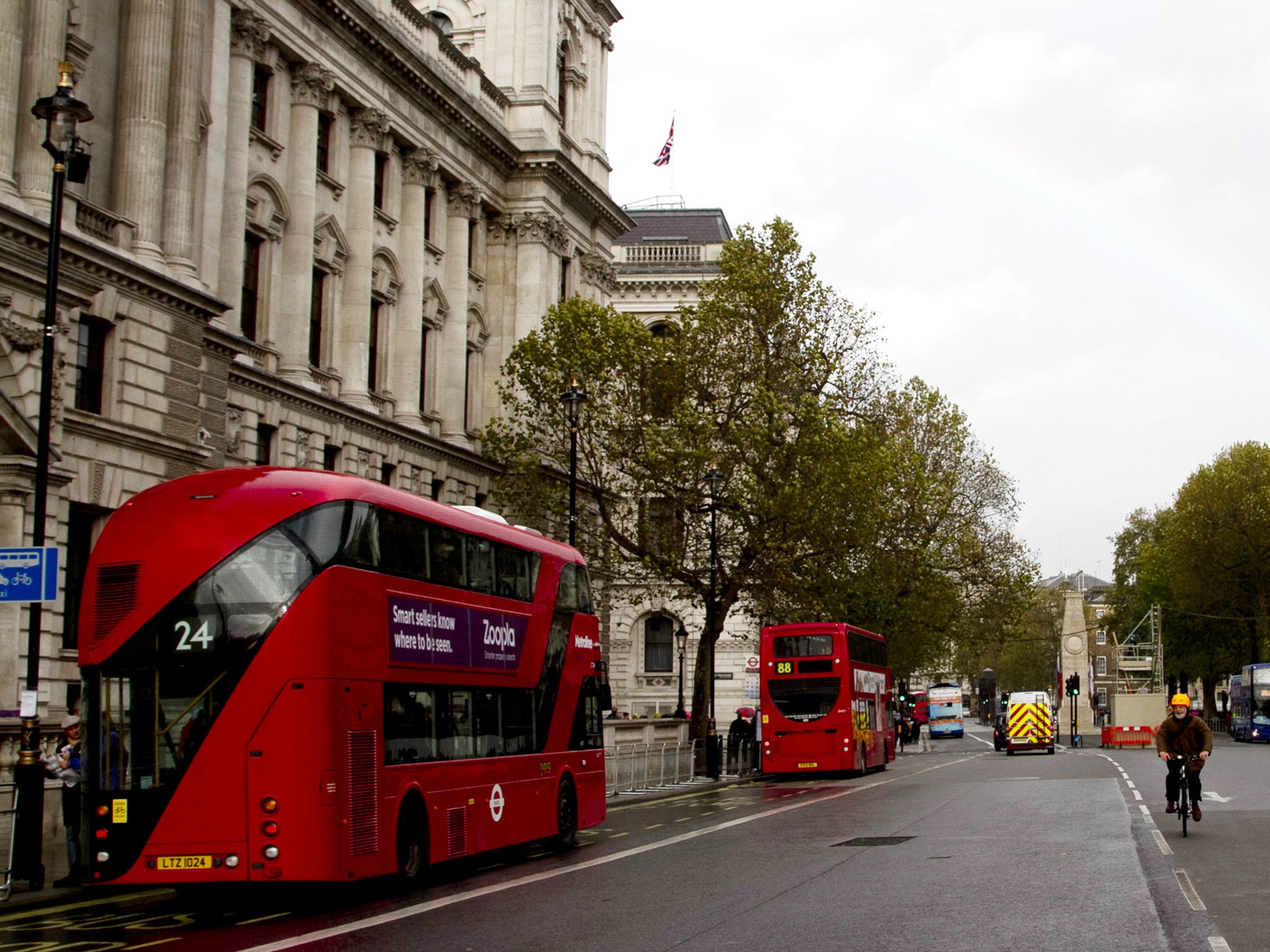There are 14,334 unclaimed estates in the UK - are you entitled to a fortune?
But be quick - if the estate isn’t claimed within 12 years it will go to the Treasury

Your support helps us to tell the story
From reproductive rights to climate change to Big Tech, The Independent is on the ground when the story is developing. Whether it's investigating the financials of Elon Musk's pro-Trump PAC or producing our latest documentary, 'The A Word', which shines a light on the American women fighting for reproductive rights, we know how important it is to parse out the facts from the messaging.
At such a critical moment in US history, we need reporters on the ground. Your donation allows us to keep sending journalists to speak to both sides of the story.
The Independent is trusted by Americans across the entire political spectrum. And unlike many other quality news outlets, we choose not to lock Americans out of our reporting and analysis with paywalls. We believe quality journalism should be available to everyone, paid for by those who can afford it.
Your support makes all the difference.With the season of giving and receiving very much upon us, the government’s latest figures on unclaimed estates in the UK is at 14,334.
In other words, one in 4468 of us are entitled to an estate. Are you one of them?
If your surname is Smith, then it could be quite likely – 306 of the estates are under that name. Jones (207 estates), Brown (123), Williams (120) and Taylor (111) make up the rest of the top five most frequent family names.
But prospect aren’t so good for those with the surnames Barraclough, Gerrard and Whittall, who all sit at the bottom of the list, with only a single entry each.
Even if your potential unclaimed estate is from decades ago, it’s still worth taking a look. While 2015 understably tops the list of estate with a dated death of owner, the second most frequent is 1989, with 17 appearances. That time around the turn of the decade is a fertile period for unclaimed estates with 1992, 1993 and 1995 making up the rest of the top five.
It should be noted, however, that if the estate isn’t claimed within 12 years, it will go to the Treasury, becoming Crown property. But it might be possible to claim some part of the estate for up to 30 years in special circumstances.
Beware of using professional estate-hunting firms, however, as they often charge high commissions – some reportedly claiming 40% of the estate to cover their research costs.
Bona Vacantia - Estates, the government department tasked with dealing with estates cannot tell you if you are related to any person whose estate appears on the list.
Claimants are responsible for identifying their relationship to the deceased and then to submit documentary evidence, including ID documents, to prove that relationship.
Join our commenting forum
Join thought-provoking conversations, follow other Independent readers and see their replies
Comments